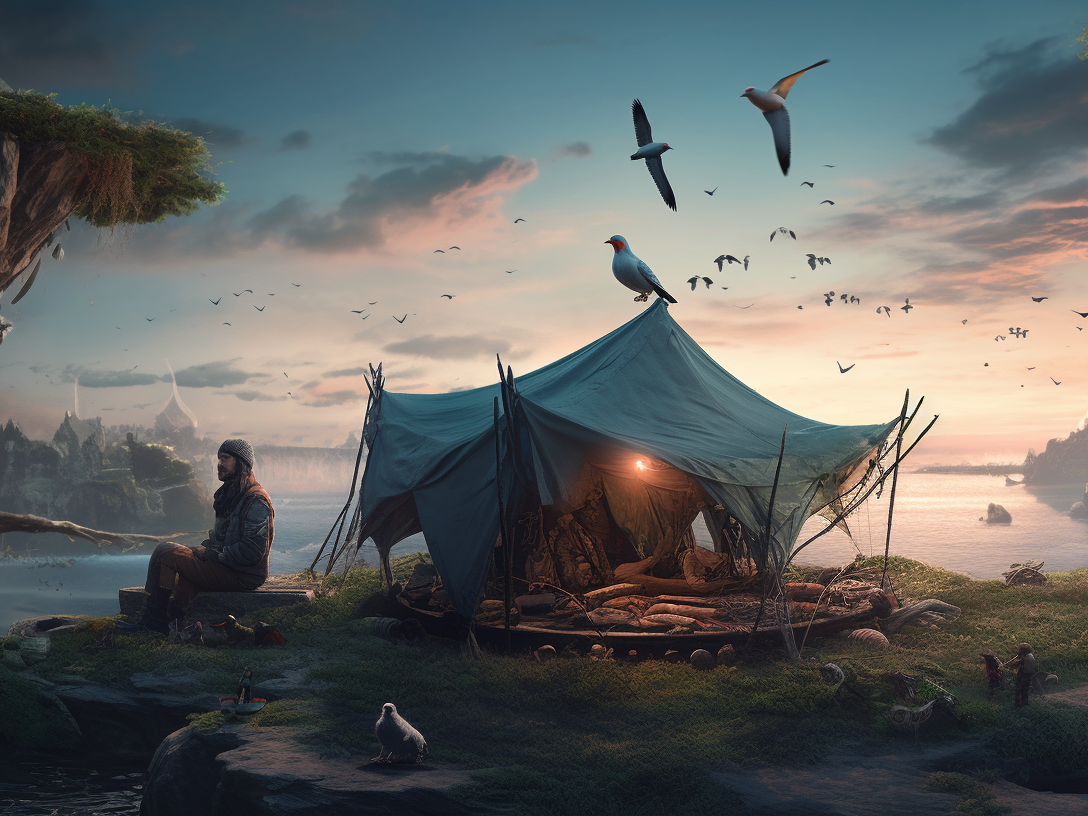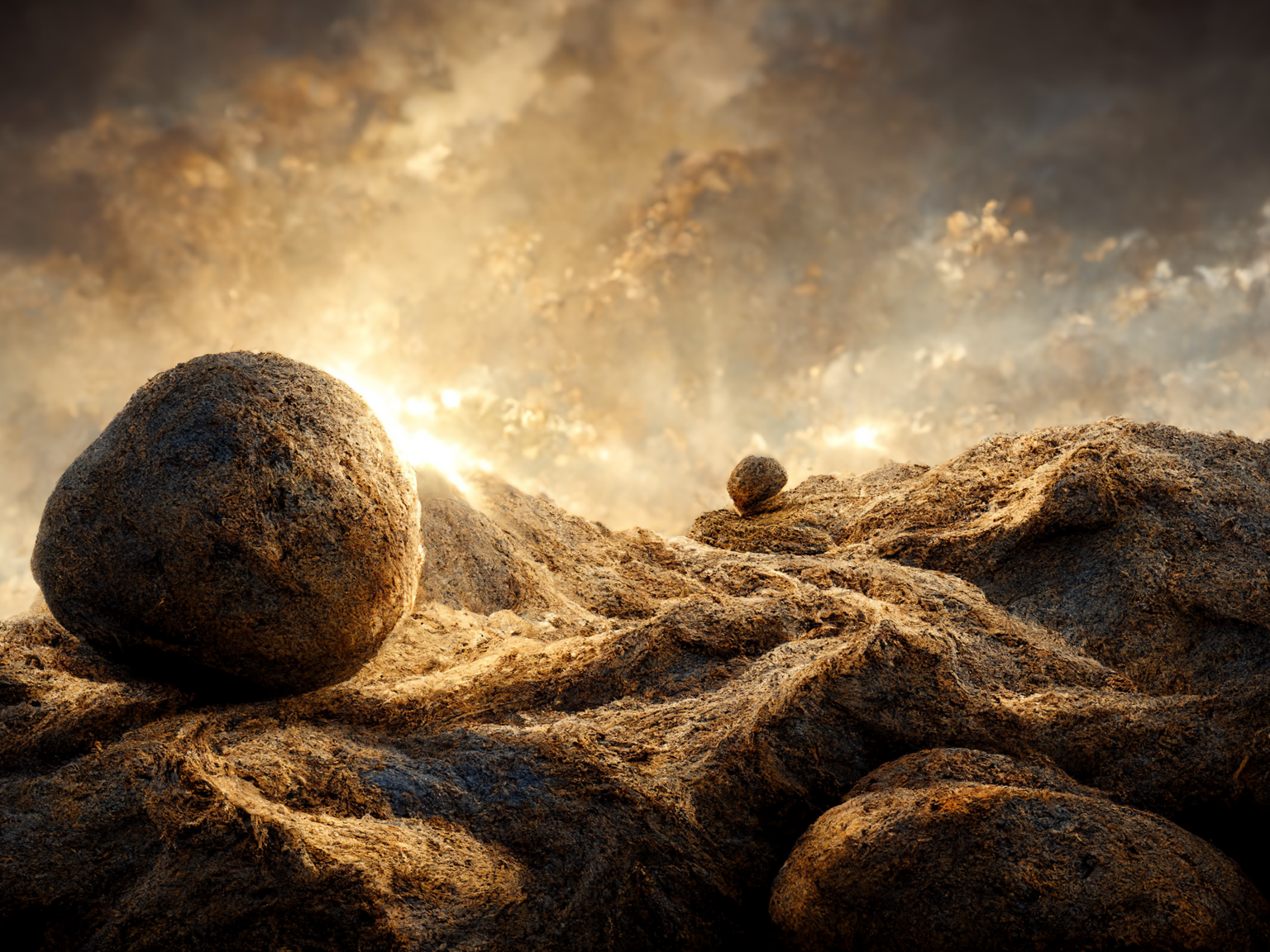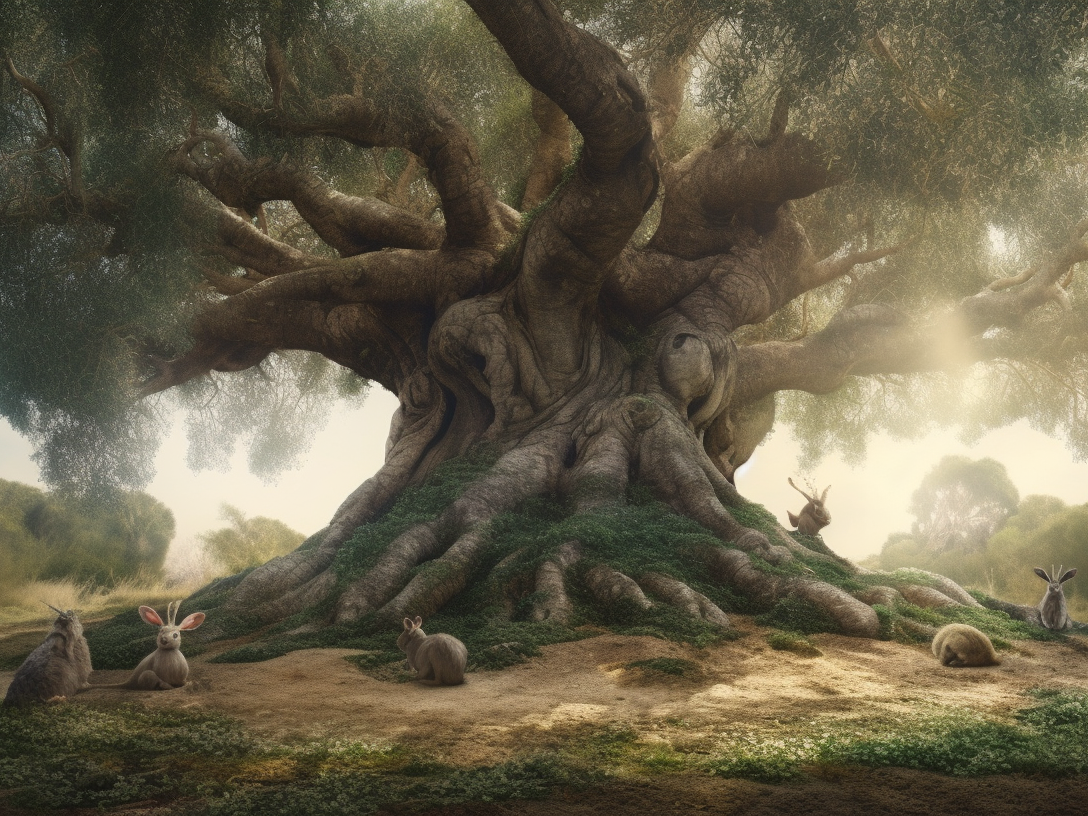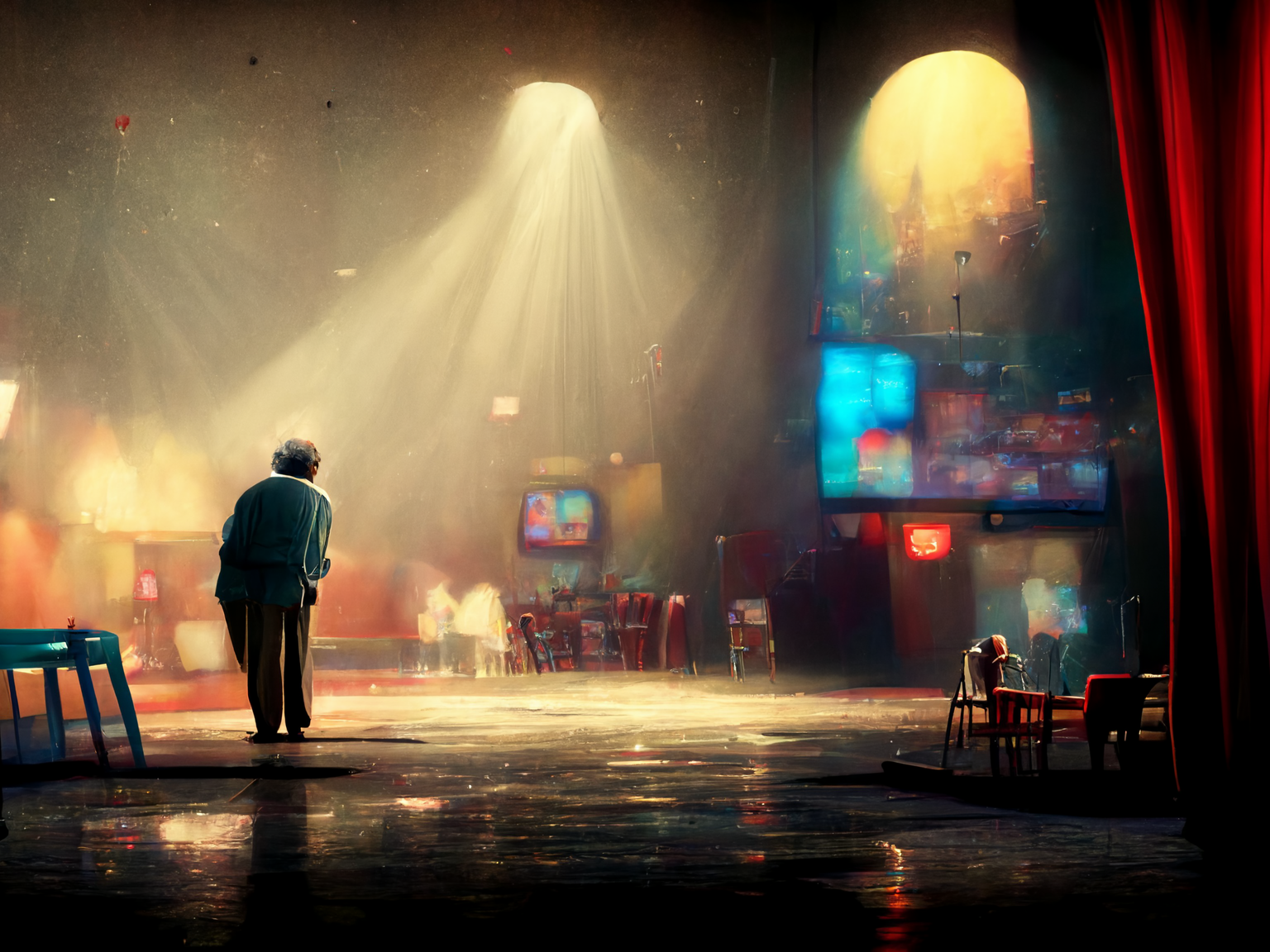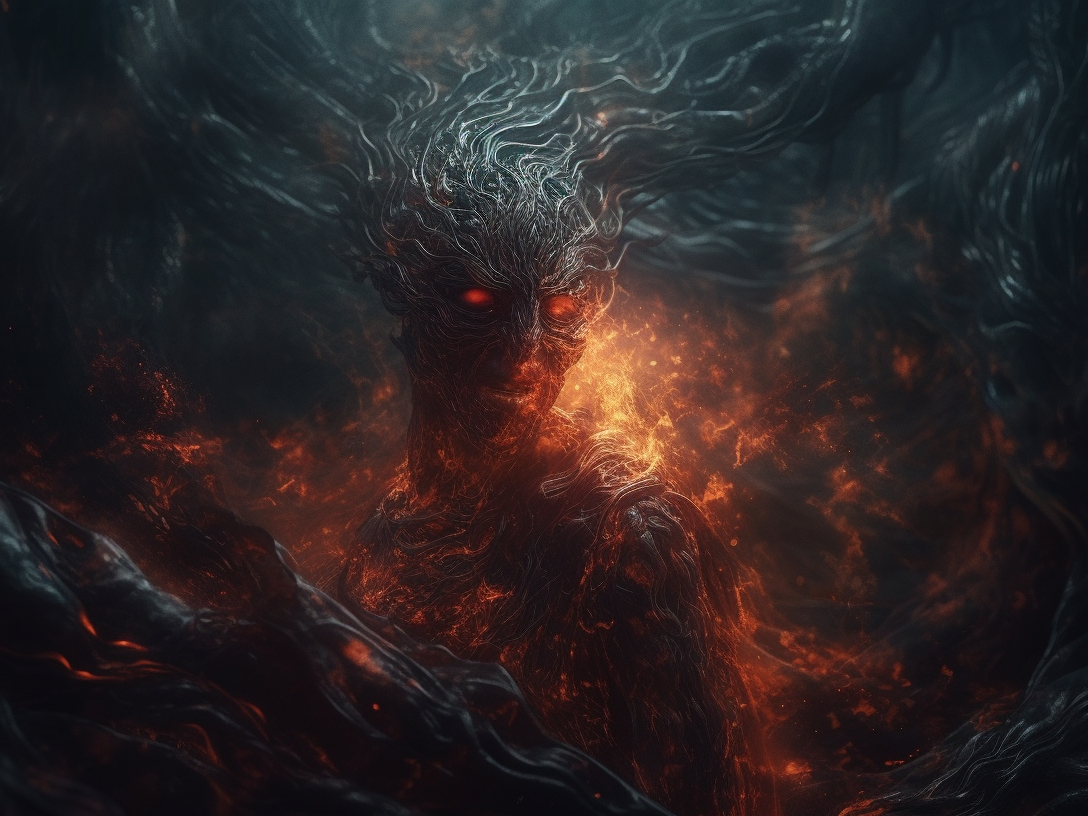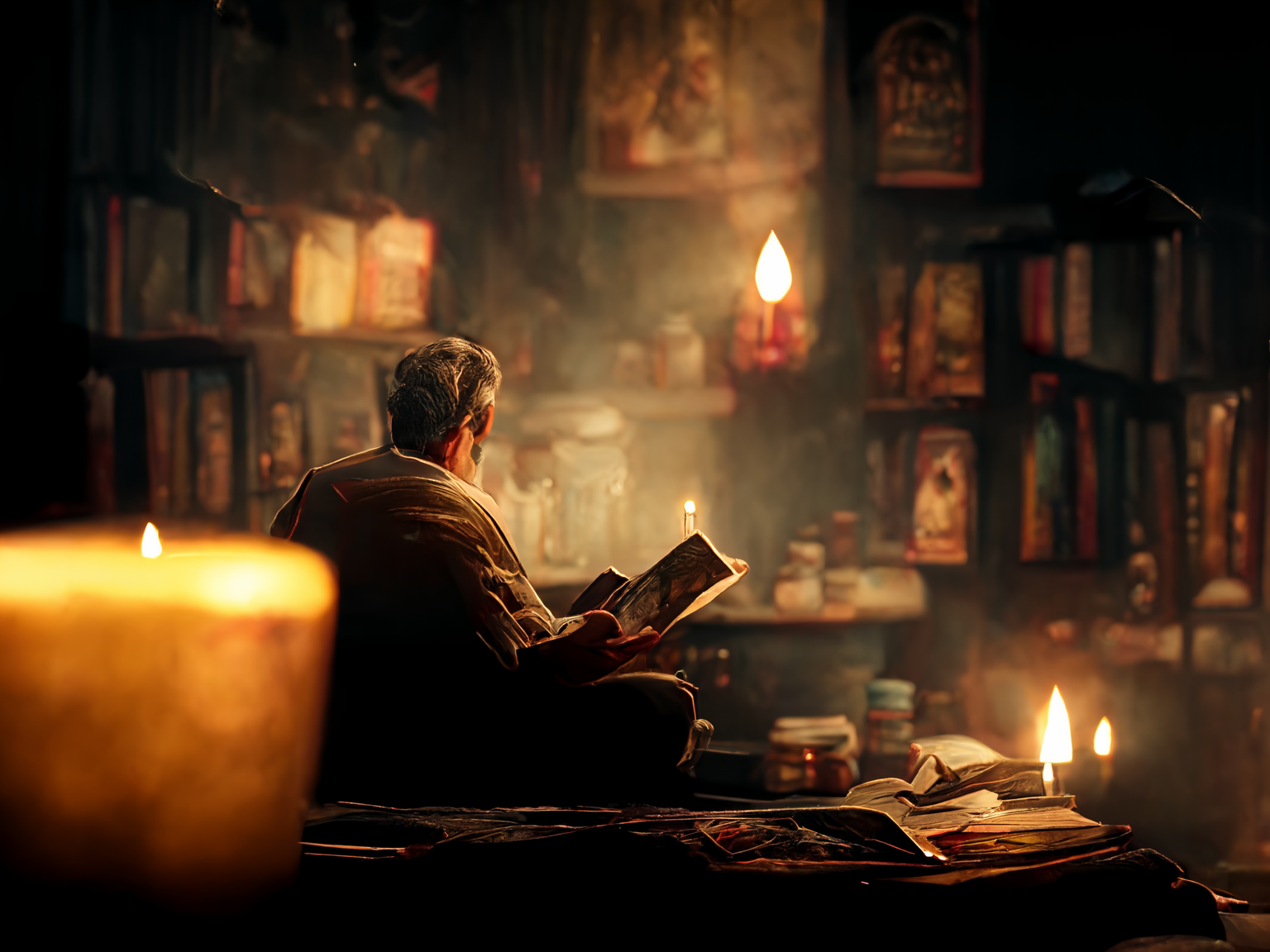The Mediterranean breathes softly on the limestone coast of Thessaly. From the crystalline waters of the Mykonos Islands to the sparse plateaus that hold temples at the Acropolis of Athens, Greece has no shortage of land or beauty. Red-roofed cottages line the streets, as they did thousands of years ago, and on the outskirts of civilization, live the wealthy, in extravagant households. In one of these homes, the name of which is lost to time, we begin.
Plato, writing as Socrates, begins his journey at the home of Meno, a wealthy soon-to-be general. I picture their meeting in a garden beside a white-bricked villa, olive and cypress trees lining the inner wall, terracotta planters spread evenly throughout, and rocky outcroppings of Santolina, Perovskia, Artemisia, and Citrus evenly dispersed. As they sit under a canopy of crawling vines, they discuss the nature of virtue.
Scrutinizing it, Meno offers a series of questions, each of which Socrates proves false. Afterward, Socrates confesses that he does not know what true virtue is. Meno pauses and asks Socrates how he would recognize virtue if he has never encountered it. Here, our paradox emerges.
If in his search, Socrates does not know what he is looking for, it is impossible to search for it, as it is impossible to find nothing from nothing. If Socrates does however know what he is looking for, it is unnecessary to search for it, as he already understands it. The inquiry becomes unnecessary or impossible, depending on previous knowledge. The problem remains, how can one learn anything if they do not know what they are searching for?
Socrates proposes a solution that relies on the inner workings of religion, faith, and rebirth. He suggests that basic elements of knowledge can be recollected from previous lives in order to serve a purpose now. Far-fetched, yes, wholly incorrect, no.
While there is no evidence of reincarnation, and there likely won’t be any appearing anytime soon, there is evidence of evolutionary understanding. Socrates would not have known of evolution, but in this case, human understanding may be passed through generations via cognitive evolution, a survival mechanism.
While distanced from our modern understanding of learning and capability, Socrates and Menos hint at the basis of cognitive evolution. Two men sitting in a villa, one dead, the other fictional, puppeteered by the mind of Plato, transcend time with a paradox of knowledge, regarding the endless pursuit of understanding. Written in Greek on an unknown medium, what survives of Plato are his ideas. There are two people now, sitting atop a hill in Greece, in a garden or a terrace or a house with the radio playing, discussing such matters.

